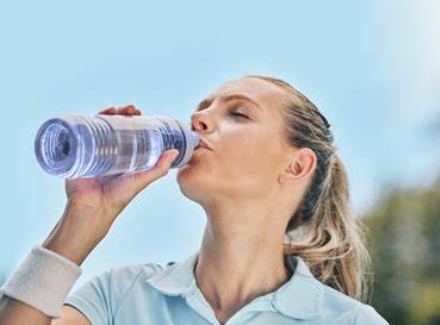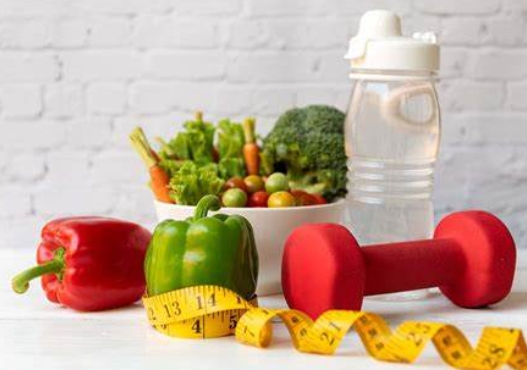Water is essential for life, and maintaining proper hydration is key to supporting many of the body’s vital functions. Our bodies are made up of about 60% water, and almost every process in our body relies on this vital fluid, from temperature regulation to nutrient absorption. Despite this, many people don’t drink enough water throughout the day, which can have significant effects on overall health.
Proper hydration is crucial for maintaining bodily functions such as digestion, circulation, and temperature regulation. Water helps transport nutrients and oxygen to cells, allowing the body to function optimally. It also plays a significant role in removing waste and toxins through the kidneys. When you’re adequately hydrated, your body is better able to detoxify and maintain internal balance.
Hydration is also essential for skin health. Water helps keep the skin hydrated, giving it a healthy, glowing appearance. When you’re dehydrated, your skin can become dry, flaky, and more prone to wrinkles. Proper hydration supports collagen production, which helps keep skin firm and elastic. Drinking enough water can also reduce the appearance of puffiness and dark circles around the eyes.
In addition to supporting your physical health, hydration is closely linked to mental clarity and cognitive function. Dehydration can cause feelings of fatigue, difficulty concentrating, and headaches. Studies have shown that even mild dehydration can impair short-term memory, focus, and overall mental performance. Drinking enough water throughout the day can help maintain mental sharpness, improve mood, and increase energy levels.
Water also helps regulate body temperature, especially during physical activity or in hot weather. When you exercise, your body loses water through sweat to cool down. If you’re not adequately hydrated, you may be at risk of overheating or experiencing heat-related illnesses such as heat exhaustion or heatstroke. Hydrating before, during, and after exercise is vital to prevent dehydration and ensure optimal performance.
One of the most important aspects of hydration is drinking enough water, but it’s also essential to understand how to stay hydrated throughout the day. It’s a good idea to carry a water bottle with you and take small sips throughout the day to ensure that you’re consistently hydrating. It’s also important to remember that hydration needs vary based on factors like climate, activity level, and individual health conditions. While the “8 cups a day” rule is a popular guideline, some people may need more or less water depending on their needs.
Besides water, other fluids and hydrating foods also contribute to your overall hydration. Fresh fruits and vegetables, such as cucumbers, watermelon, and oranges, have a high water content and can help keep you hydrated. Herbal teas, coconut water, and certain fruit juices can also be beneficial. However, it’s important to limit sugary drinks like soda and caffeinated beverages, as they can lead to dehydration if consumed in excess.
Signs of dehydration can be subtle, but it’s essential to recognize them before they become more serious. Common symptoms include dry mouth, fatigue, dark yellow urine, and dizziness. If you experience any of these signs, it’s important to drink more water and rehydrate your body.
For optimal health, aim to drink enough water throughout the day to stay hydrated. The amount you need will depend on your body size, activity level, and environmental conditions. A good rule of thumb is to listen to your body—thirst is a clear indicator that your body needs hydration, and consuming water regularly throughout the day will help you stay energized, focused, and healthy.
Hydration is a simple yet powerful way to support your body’s overall health. By making hydration a priority, you can improve physical performance, enhance cognitive function, maintain healthy skin, and keep your body functioning at its best.





